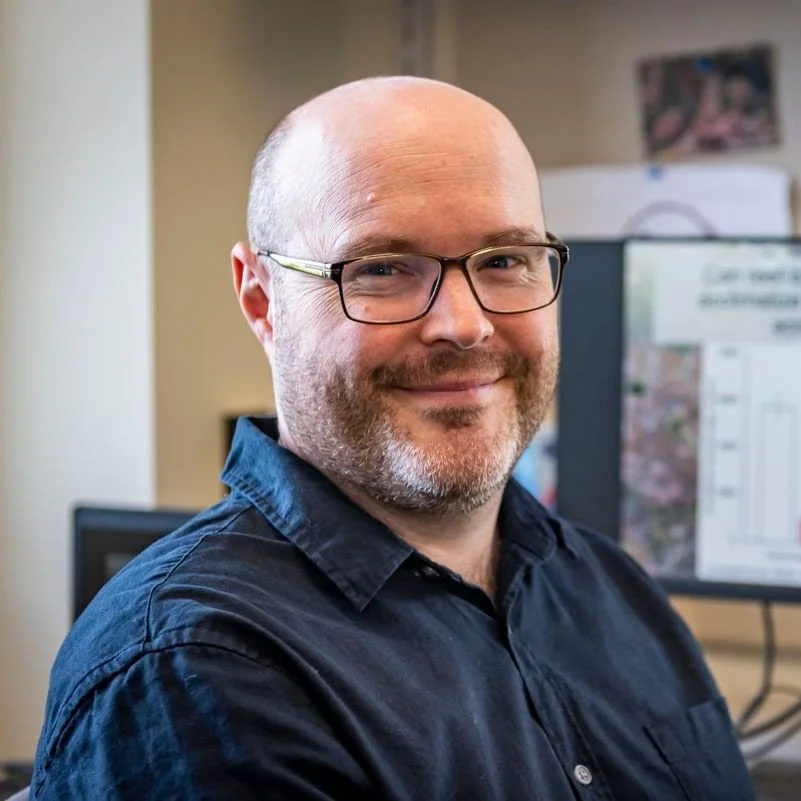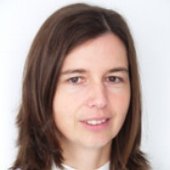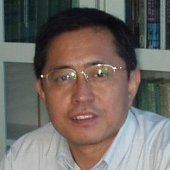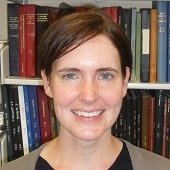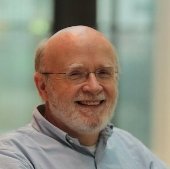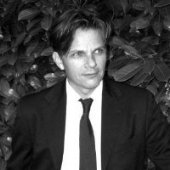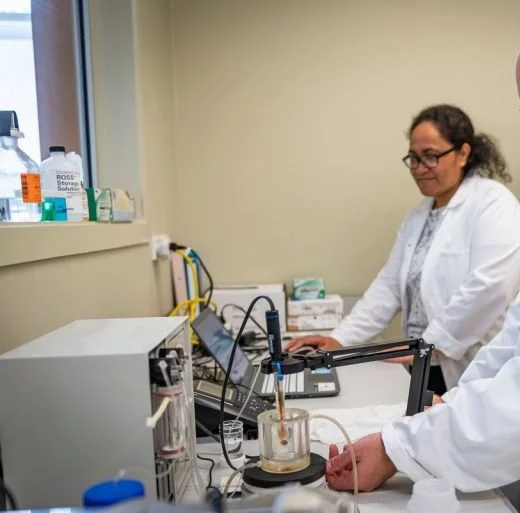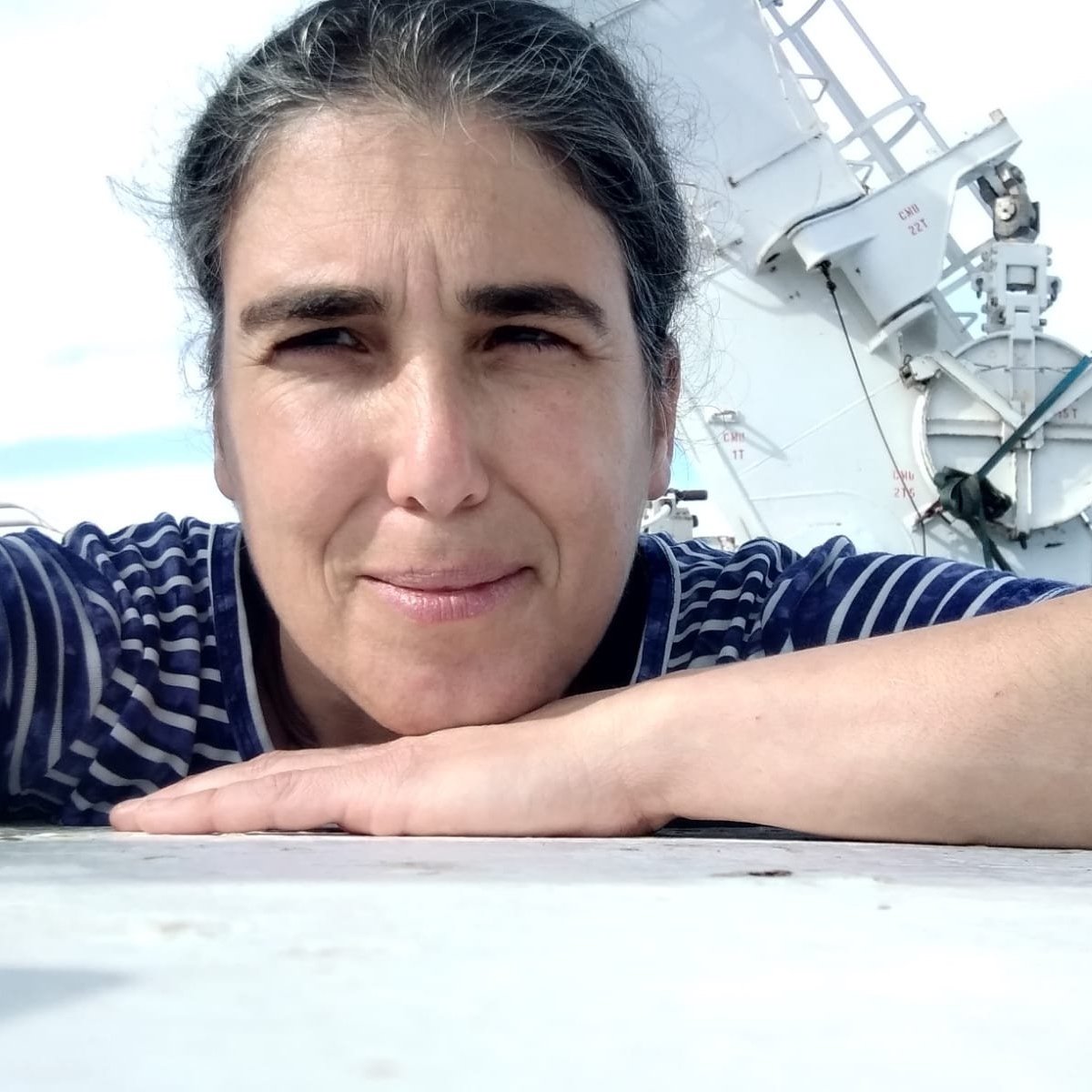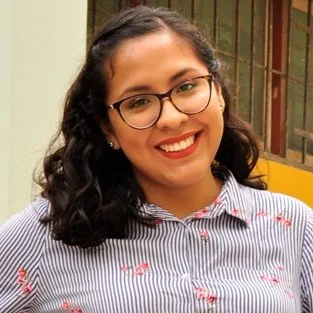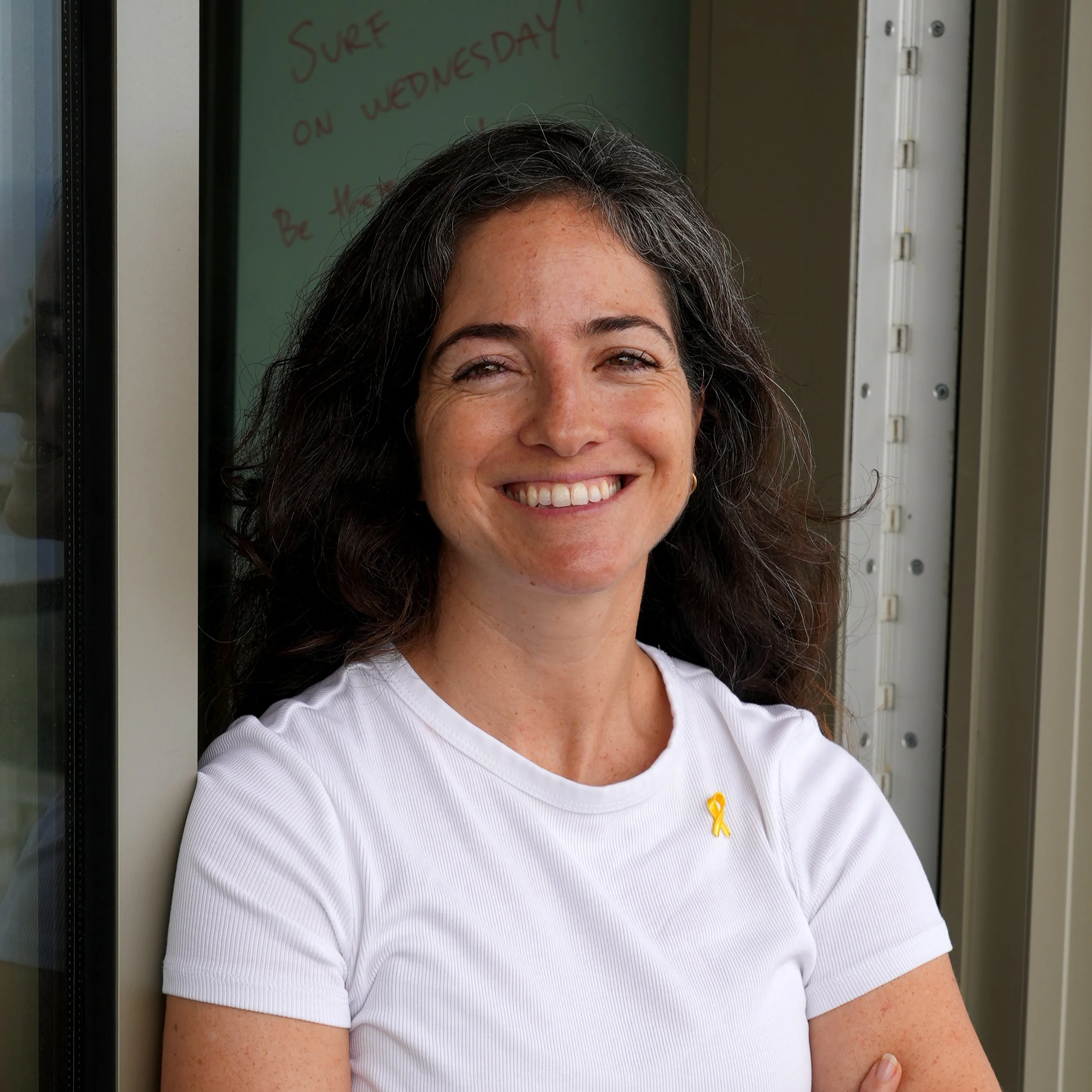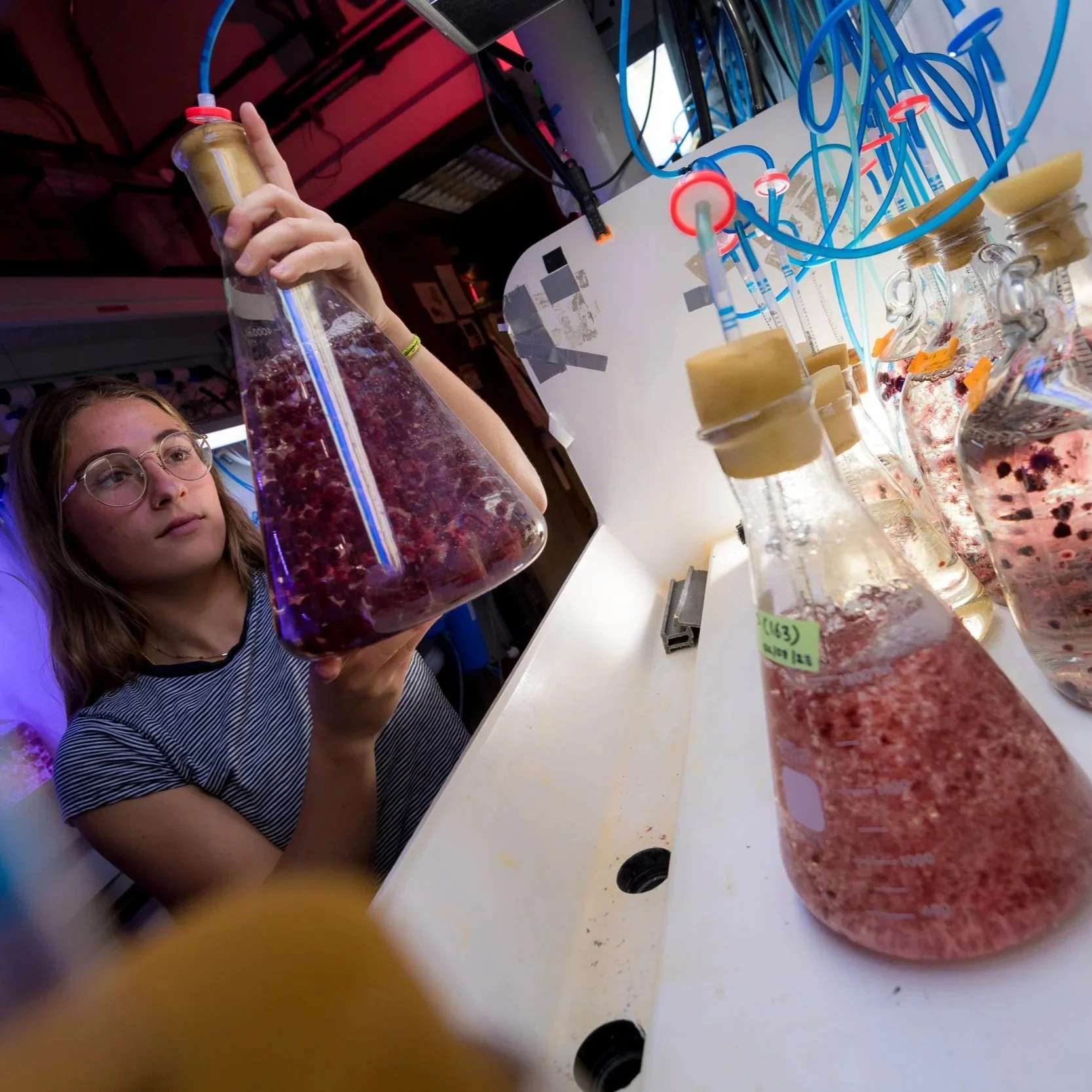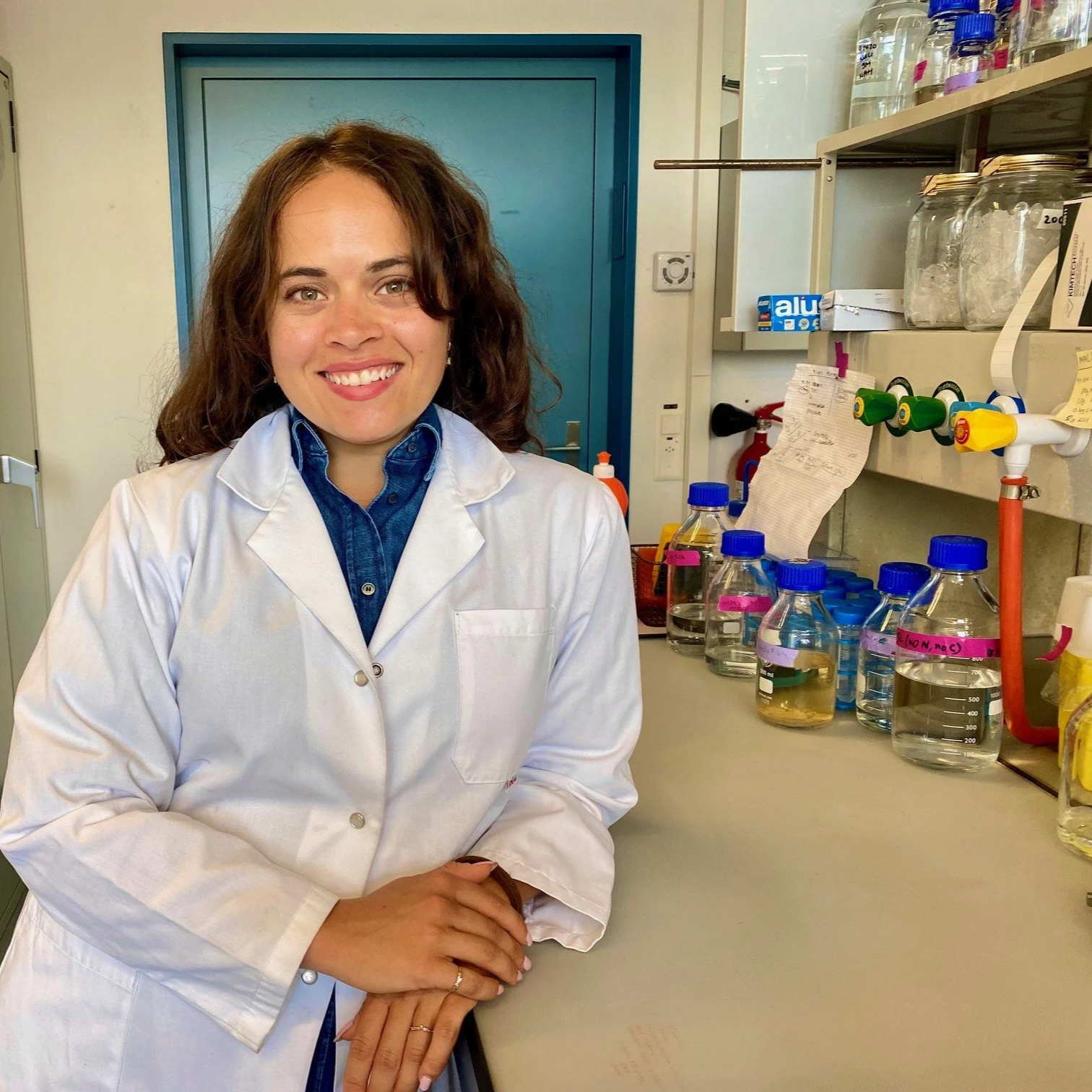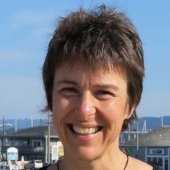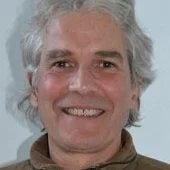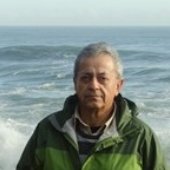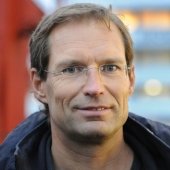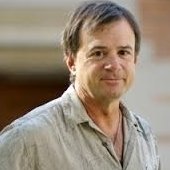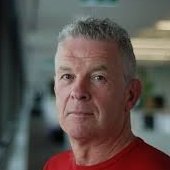CHAIRS
Sam Dupont
(sweden)
Sam is a researcher in marine ecophysiology. His main research topic is on the impact of increased carbon dioxide and related changes on marine species and ecosystems. His work aims at revealing the mechanisms behind species and ecosystem responses and at developing the needed unifying theory for large scale predictions.
Christopher Cornwall
(New Zealand)
Chris works predominantly on understanding the physiological impacts of ocean acidification and multiple stressors on habitat forming species in kelp forests and coral reefs (e.g. macroalgae and corals). He is especially interested in the role of environmental variability, and improving experimental design
FULL MEMBERS
SINEAD COLLINS (UK)
is one of the pioneers of experimental evolutionary global change biology. Her expertise thus crosses disciplinary boundaries from evolutionary biology to marine science.
aurea ciotti (brazil)
is a field-leading optical oceanographer who studies the remote sensing of phytoplankton communities in order to better assess how changing ocean conditions are altering community structure with marine ecosystems. She is a member of the International Ocean-Colour Coordinating Group.
marion ghelen (france)
is a renowned modeller focusing on global ocean biogeochemical processes in a changing climate. She is currently co-chair (along with Katja Fennel (Canada) of the Marine Ecosystem and Prediction Task Team.
kunshan gao (china)
is recognized as the leading authority in China on ocean acidification and primary producers, including both microplankton and macrophytes. His recent work has focused on understanding the responses of phytoplankton to multivariate climate change processes.
Christina mcgraw (nz)
is a chemical engineer who is a field-leading innovator in the design of experimental manipulation systems (ocean acidification under trace metal conditions). She is currently working on the design of novel sensors for multiple-driver research.
paul renaud (norwaY)
investigates the impacts of climate change and human activities on ecosystem processes, primarily in Arctic marine systems. His recent studies include work on biogeochemical cycling by seafloor communities, food-web interactions, and drivers of changing species distributions.
jason hall spencer (uk, japan, china)
is President of the British Phycological Society and conducts applied research to provide policymakers with scientific information regarding the effects of climate change and ocean acidification on algae and seagrasses. He also works on the effects of fishing, aquaculture, and increased storminess.
johnathan havenhand (sweden)
researches the evolutionary ecology of reproduction in marine invertebrates, focusing on intra-specific variation in fertilization and larval viability and the role of ocean acidification.
haruko kurihara (japan)
investigates human impacts, including climate change (ocean acidification and global warming) and local scale impacts (sedimentation and eutrophication) on coral reefs, marine organisms, and ecosystems.
uta passow (usa)
is an oceanographer focusing on understanding how the response of organisms and ecosystems change the functioning of the biological pump.
Hans-Otto Poertner (Germany)
research interests include the effects of climate warming, ocean acidification, and hypoxia on marine animals and ecosystems with a focus on the links between ecological, physiological, biochemical and molecular mechanisms limiting tolerance and shaping biogeography and ecosystem functioning.
marcello vichi (South Africa)
is a marine biogeochemist. His research interests embrace numerical modelling of coupled physical/biogeochemical processes in the global ocean, alongside climate change impacts on marine ecosystems, and the biogeochemical interactions in coastal and shelf seas.
steve comeau (france)
is a research scientist from the Centre National de la Recherche Scientifique. He studies the effects of global change on a large range of marine ecosystems: from tropical corals to Arctic kelp communities. He works from both the micro-scale to the community scale.
NATIONAL ADVOCATES
Verena Schoepf (Netherlands)
is an Assistant Professor and MacGillavry Fellow at the University of Amsterdam. Verena's research explores how reef-building corals are affected by climate and environmental change. Verena's research aims to provide new insights into the mechanisms and traits that enable coral resistance to multiple climate change stressors and promote their adaptive capacity in a changing ocean.
Riccardo Rodolfo-Metalpa (New Caledonia)
is a marine biologist working on coral reefs and ocean acidification issues. He’s interested in understanding the extent to which climate change will affect coral reef ecosystems. His research provides insight into fundamental evolutionary processes such as acclimatisation and adaptation. His vision is to scale up to the reef community level, to predict the effects of climate change on coral reefs.
Juan-Diego Gaitan-Espitia (Hong Kong)
is an evolutionary biologist from Colombia working at the SWIRE Institute of Marine Sciences, University of Hong Kong. His work explores the mechanisms that shape diversity in natural populations across environmental gradients and in response to climate change. He addresses questions about phenotypic plasticity, local adaptation, and ecological speciation.
Luia taise (samoa)
Luia’s research focuses on the effect of climate change and light on the physiology of macroalgae, especially Caulerpa spp. The majority of her work has taken a multi-driver approach. She uses traditional physiological techniques and proteomics to explore responses to future climate change. Luia will start a position as a Lecturer at the National University of Samoa in early 2023
sophie mccoy (usa)
Sophie studies mechanisms of resilience in marine and aquatic communities. She earned an Sc.B. in Chemistry from Brown University, Ph.D. in Ecology and Evolution from the University of Chicago, and completed her postdoctoral training as a Marie Curie Fellow at Plymouth Marine Laboratory. After serving on the faculty at Florida State University for several years, she is now on the faculty at the University of North Carolina in Chapel Hill.
maggie johnson (Saudi arabia)
Professor Johnson's research interests are focused on the impacts of environmental change on coral reef ecosystems. She uses a combination of field and laboratory-based approaches to monitor coral reef ecosystems, quantify inherent natural heterogeneity, explore the implications of environmental variability, and determine the implications of local and global environmental change for foundational coral reef taxa.
Erik krieger (saudi arabia)
Erik is a marine biologist with a particular interest in the ecophysiology of calcifying macroalgae. During his PhD, he examined traits of coralline algae that show tolerance to various drivers of ocean change. In 2023, Erik moved to the Kingdom of Saudi Arabia to pursue postdoctoral studies at the King Abdullah University of Science and Technology (KAUST) under the supervision of Dr. Maggie Johnson.
Christian Pansch (Finland)
is an Ecologist and Ecophysiologist. He investigates climate change impacts on marine systems, with a particular focus on the multiple levels of environmental variability and ocean extremes, and their significance as amplifiers of changes or as climate refugia.
damon britton (australia)
works on the impacts of global ocean change (primarily ocean warming and ocean acidification) on seaweeds. He is particularly interested in the mechanisms driving observed responses and how responses to global ocean change are influenced by local stressors.
Tamar Guy Haim (Israel)
is a marine ecologist with a background in ecophysiology, benthic ecology, climate change biology and phylogeny of marine invertebrates. In September 2018, she established the Zooplankton Ecology Lab at the National Institute of Oceanography in Haifa.
Susana Simancas (Colombia)
is a PhD candidate deeply interested in ocean acidification and the effects of single and multiple stressors on Octocoral ecophysiology under climate change. She been mainly interested in its impacts on coral reproduction, calcification and various metabolic and ecophysiological aspects.
Bettina Lomovasky (Argentina)
focuses on assessing the population dynamics of bivalves of commercial interest, in addition to their trophic and non-trophic interactions, and valvar sclerochronology using field and laboratory experiments. In recent years, she has assessed the effects of global stressors such as ocean acidification, deoxygenation, and warming.
peng Jin (china)
Dr Peng Jin's research focuses on the responses of marine phytoplankton to multiple environmental changes induced by global change. His most recent studies have examined the evolutionary responses of marine diatoms to ocean acidification and warming.
ben harvey (japan)
Ben Harvey is a tenured Assistant Professor at the Shimoda Marine Research Center, University of Tsukuba in Japan. His research group focuses on using multidisciplinary approaches such as field surveys, manipulative experiments, molecular and physiological techniques, and modelling, to understand how changes in environmental conditions will alter the biodiversity, community structure and functioning of future marine ecosystems.
NATALIE DEL CARMEN BRAVO SENMACHe (peru)
Natalie is
currently a Master's degree candidate at the San Marcos Major National University, specialising in ocean acidification research in coastal areas and its impacts on fisheries resources. She is developing a collaborative carbonate system monitoring program in marine aquaculture areas as well as developing an environmental education program. Biologist and PhD candidate in Ecology researching ecological interactions between hard corals and other benthic organisms, and the effects of local and global environmental stressors on these interactions
Maria segovia (spain)
Maria is a Professor in Ecology at the Department of Ecology , Faculty of Sciences at the University of Malaga, Spain. Her main research interest and field of expertise is the molecular ecophysiology of phytoplankton communities subjected to multi-stressor interactions within the global change scenario. Using mesocosms, she analyses the consequences of stress on phytoplankton.
gil rilov (israel)
Gil is senior scientist at the National Institute of Oceanography, Israel, Oceanographic & Limnological Research (IOLR) and an Associate Professor at the Marine Biology Department in the University of Haifa. His research group focuses mainly on benthic coastal ecosystems and the impacts of overfishing, bio invasion, climate change and other drivers on their biodiversity, community structure and ecosystem functioning and services.
Ana grillo (Brazil)
Ana is a biologist and PhD candidate in Ecology researching ecological interactions between hard corals and other benthic organisms, and the effects of local and global environmental stressors on these interactions.
bayden russel (Hong kong)
Bayden is a subtidal marine ecophysiologist and Associate Director of the Swire Institute of Marine Science in Hong Kong. His research focuses on the impact of climate change and pollution on ecosystem function, the biology of key species, and how best to manage and conserve ecosystems. He also investigates the human relationship with marine ecosystems and how these can be made sustainable through nature-based solutions, especially oyster reef restoration.
Debasmita Bandyopadhyay (india)
Debasmita is a project scientist at the National Centre for Coastal Research, Ministry of Earth Science, Chennai, India. Her research investigates the impacts of various climate change and environmental drivers on phytoplankton physiology (particularly diatoms).
Catarina martins (germany)
Catarina is a marine biologist and a PhD candidate investigating the interactive effects of ocean acidification and hydrodynamics on tropical corals. Her work includes assessing the effects of environmental changes on coral physiology using lab experiments, with a focus on responses at the microscale and colony level.
Francisco Barboza (estonia)
Francisco is Associate Professor in Marine Systems at the Estonian Marine Institute (University of Tartu). His research focuses on understanding how marine biodiversity is structured and how its changes under current and future environmental scenarios. To do so, Francisco combines mesocosms and bench-top experiments, observational data, and statistical modelling.
Matt wale (scotland)
Matt is a marine biologist, with a focus on understanding the ways marine invertebrates interact with their environment, and how these interactions are affected by anthropogenic drivers. He has particular expertise in the effects of anthropogenic noise.”
Simin Gao (Scotland)
Simin has a background in marine microbiology and organic geochemistry. Her PhD investigated the effect of irradiance on stable isotope signatures in biomarkers isolated from laboratory-cultured marine diatoms. She now works with Sinead Collins at the University of Edinburgh, where they design growth models that improve fuu projections of diatom populations over the coming decades by investigating how multiple factors interact to regulate diatom growth.
Holly kocH
(New Zealand)
Holly is a PhD candidate at Victoria University of Wellington. Her research is focused on unravelling the physiological and molecular mechanisms of coralline algae when exposed to climate change. She uses both laboratory-based approaches and natural analogues to investigate what our reefs will look like in the future.
Denisa Berbece (New Zealand)
Denisa is a PhD candidate at Te Herenga Waka Victoria University of Wellington, New Zealand. Her research focuses on acclimation and acclimatization processes in coralline algae, particularly in response to ocean acidification and ocean warming. She focuses on physiological and geochemical responses, such as changes in dissolved inorganic carbon and photosynthetic physiology, and skeletal mineralogy.
Reina Veenhof (SCOTLAND)
Reina is a seaweed ecologist interested in seaweed life cycles and stress resilience. Her research to date has focused on how seaweeds interact with their environments, and how this may change in future oceans. She is interested in holistic approaches to seaweed cultivation to improve resilience to ocean change in both early life history stages of seaweeds and their adult counterparts.
Or Ben-zvi
(USA)
Or is a marine scientist specializing in experimental design and the ecophysiology of photosynthetic organisms. She earned her MSc and PhD at Tel Aviv University, where she investigated the physiology of mesophotic corals. She is currently a postdoctoral researcher at Scripps Institution of Oceanography, University of California San Diego, leading the Asparagopsis research team, a red seaweed with climate change mitigation potential.
Tess Rounds
(USA)
Tess is a marine biologist focused on sustainable marine solutions for climate change mitigation. She earned her MS at Scripps Institution of Oceanography, UC San Diego, where she investigated the thermal optimum of Asparagopsis taxiformis, a red alga with potential to reduce methane emissions in livestock. Her current research continues to focus on A. taxiformis, optimizing cultivation by characterizing key aspects of its physiology to support broader application.
Noelle Held
(USA)
Noelle is a biogeochemist who studies physiological and molecular consequences of multiple resource limitation on environmental microbes. She usually studies this through the lens of microbial proteomes/metaproteomes, which she applies in high-throughput contexts.
INTERIM ADVISORY GROUP
Katharina Fabricius (Australia)
is a coral reef ecologist. Her research aims to better understand how ecological processes in coral reefs are altered by chronic and acute disturbances, especially from ocean acidification and terrestrial runoff of sediments and nutrients.
Jean-Pierre Gattuso (France)
is a field leader in the study of multiple drivers and their effects on coastal marine communities using innovative experimental systems. He led the seminal European Project on OCean Acidification (EPOCA) for four years. He is now a member of the interim oversight committee for COBS.
Jorge Navarro (Chile)
is a leading researcher on the impact of ocean changes on commercial bivalves such as mussels. His multi-driver research has targeted larval to adult bivalves to assess which part of the life cycle is most susceptible to changing ocean conditions. He is now a member of the interim oversight committee for COBS.
Ulf Riebesell (Germany)
Ulf’s research aims to address physiological, ecological, biogeochemical, and evolutionary responses to ocean change. He combines approaches ranging from single-species lab experiments to large-scale mesocosm studies on natural plankton communities. He is now a member of the interim oversight committee for COBS.
PAST MEMBERS
catriona hurd (australia)
is a recognized seaweed ecologist. She is particularly interested in the physiological responses of seaweeds to their abiotic and biotic environment.
Göran Erik Nilsson (Norway)
is a biologist interested in the adaptation of organisms to extreme environments. Part of his research focuses on the effects of elevated carbon dioxide and temperature on the physiology of marine fishes.
Haimanti Biswas (India)
is a recognized marine ecologist. Her recent research has been focusing on understanding the response of phytoplankton communities to variable carbon dioxide levels. She is also interested in light adaptation and pigment synthesis in marine phytoplankton.
david hutchkins (usa)
has expertise in how global change affects carbon, nutrients, and trace metal biogeochemistry. His most recent work has examined the evolutionary responses of phytoplankton to ocean acidification and warming, and he served as chair of the first Ocean Global Change Biology Gordon Conference in 2014.
Phillip boyd (AustraliA)
is a Professor in Marine Biogeochemistry whose research focuses on the influence of multiple drivers on pelagic ecosystems. He was a lead author on the Ocean Systems chapter of the IPCC AR5 report.
mridul thomas (switzerland)
is a quantitative ecologist whose work focuses on phytoplankton. His research aims to understand how organisms’ competitive strategies are shaped by variation in multiple environmental dimensions. To this end, he uses experiments, observations and theory to help advance a more mechanistic & predictive ecology.



